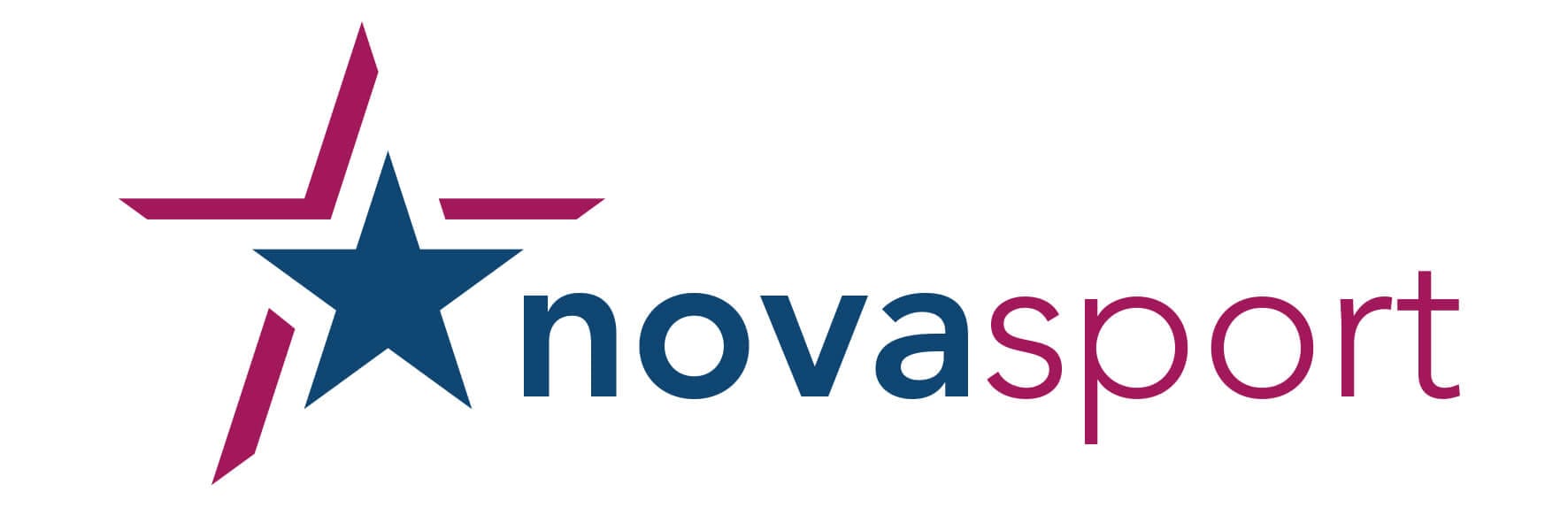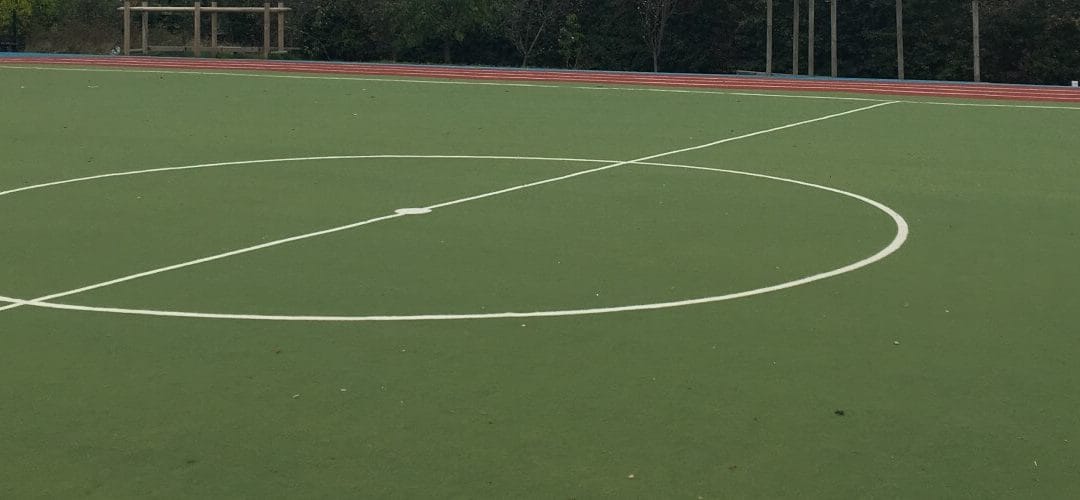Many football pitches today are real turf but artificial grass actually has a long and rich history with the beautiful game. It has many advantages when it comes to maintenance and durability and for smaller clubs, as well as schools and colleges, this can often make it the preferable choice. Factors such as sustainability are also where artificial grass scores highly, it’s not just a great commercial investment. So, where did the love affair with artificial grass begin for football?
- 1966. This was the year that artificial grass first made it into the arena of professional sports. It wasn’t football though, as the first artificial grass pitch was installed in the Astrodome in Houston for Major League Baseball.
- 1980s. In the 80s, England began to appreciate the advantages of artificial grass. One of the first clubs to do this was Queen’s Park Rangers in 1981. Their innovative approach was soon copied by many other clubs as the benefits of the artificial grass surface began to be appreciated. However, by the end of the 1980s artificial turf had actually been banned by the English FA, as it was considered inferior to natural turf in terms of the way that the ball bounced and rolled.
- 2001. The early issues with artificial grass and football were mostly attributable to the quality of the turf and whether it was fit for purpose for football specifically. A lot had changed in terms of innovation and improvement since those early years. As a result, in 2001, FIFA and UEFA set up a quality assurance programme for artificial turf.
- 2007. Artificial turf was used to host an international competition for the first time in 2007 when the entire U-17 World Cup was played on this type of surface in Peru. This was the moment when artificial grass got exposed to the world stage and it performed perfectly.
- 2013. Manchester United is probably one of the biggest names in football and the club has been a savvy supporter of artificial grass and the benefits that it offers. In 2013, the pitch at Old Trafford was looking a little tired and worn and the powers that be decided that artificial turf was the answer. The club spent around £800,000 on part-synthetic grass to revive the old pitch and bring it back to expected standards of aesthetics and performance. And it has not looked back since.
- 2015. Arsenal is another huge presence in football and also an advocate for the use of artificial grass. After a visit to the Stade de Suisse in Switzerland, the club decided that artificial turf was going to be the way forward in terms of keeping its training pitches at high levels of performance. As a result, artificial grass was installed on the pitches at the Arsenal Training Centre.
Artificial grass and football haven’t always had an easy relationship. But as technology and design have evolved and the benefits of artificial turf become clear, some of the biggest names have become the biggest supporters.

